Width: 40 cm (cm (15.7 inches)
Height: 40 cm (15.7 inches)
Thickness: 13 cm (5.1 inches)
Biography
Michel Boyer de Rebeval (1935-2011), known as Michel Boyer, is a French interior architect, decorator and designe
He was born on May 24, 1935 in Paris into a family of artisans and architects. He studied at the Ecole Nationale Supérieure des Arts Décoratifs where he had, among others, André Arbus as a teacher. In 1957, he completed his training as an interior architect, decorator and designer at the Ecole des Beaux-Arts
In 1960, he was hired by the architect Pierre Dufau, where he collaborated with Max Abramovitz to complete the Palais des Sport in Paris. Five years later, he participated in the reconstruction of the Rothschild Bank. Once the building is completed, he is responsible for the interior architecture and its layout. His work is very noted. Subsequently Michel Boyer created his own company and designed the head offices of several banks including Paribas, Citibank and Le Crédit Lyonnais.
Concerned about the quality of his creations, since 1968, he distributed and exhibited his furniture, lighting and objects, including the “X” stool in folded and curved steel and the “PLM” armchairs at the Rouve gallery, rue Bonaparte in Paris . He also presents the creations of Yonel Lebovici and Italian designers. His favorite materials are steel, laminate and lacquer. Success is immediate.
At the same time, Michel Boyer collaborates with major brands like Lanvin, Dior, Balmain, Moët & Chandon. He designed the residences of prestigious clients such as Liliane and André Bettencourt in Neuilly-sur-Seine or Karim Aga Khan in Porto Cervo, as well as Palaces in the Middle East. In 1975 he organized the French diplomatic representation in Brasilia, then that of Washington, ten years later.
In 1978 he was the winner of the René Gabriel prize and in 1992 he was named president of the Society of Decorative Artists.
Michel Boyer died on January 10, 2011 in Paris at the age of 75.
Story
Verre Lumière is a French company created in 1968 by master glassmaker Max Ingrand, the Mazda company and the Saint-Gobain company.
It is the designer Ben Swildens, already famous for his egg lamp published by Fontana Arte, who takes the artistic direction of the new company, while the commercial direction of Verre Lumière is entrusted to Jacques Vidal, with whom Max Ingrand had collaborated 15 years ago during the construction of the liner France. This construction site, a symbol of French luxury, was the heralding sign of the birth of Verre Lumière, which will combine French artisanal know-how with the modernity of its designers, thus representing the quintessence of French creation which will shine throughout the world even in the 80 years.
The company’s mission is the creation and manufacture of contemporary lighting favoring the use of glass. For example, the famous opaline glass lamp by Max Ingrand (model 1853) created in 1954 and initially published by Fontana Arte then distributed by Verre Lumière. The technical specificity of this material provides soft and homogeneous diffusion of light. This opaline is one of the signatures of Verre Lumière, often associated with stainless steel, aluminum, and brass.
One aspect of Verre Lumière’s work is to design, in close collaboration with architects, spectacular lighting projects, adapted to the specificity of the places created with a vision of unity of architecture and light. The company collaborates with all the big names in architecture of the time through prestigious projects, such as: in France, the Peugeot head office in Paris, the lighting of the dining room and private lounges of the ‘Élysée during the mandates of Presidents Pompidou and Mitterrand, all the lighting of the Polytechnic school of Palaiseau, the Méridien Étoile hotel, the headquarters and agencies of the Rothschild bank etc… Abroad: the Palais du Shah of Iran, the French embassy in Brazil in Brasilia, the Cosmos hotel in Russia, etc…
This close collaboration between designers and architects within Verre Lumière has also enabled the development of collections of high-end lighting in contemporary shapes – lamps, floor lamps, wall lights and pendant lights – offered to these same architects but also distributed and sold in small series within its emblematic store on Faubourg Saint-Honoré, designed by Ben Swildens, as well as through a network of several recognized brands.
Luxury at Verre Lumière is embodied in perfect mastery of execution and a choice of high-quality materials. It is also part of this futuristic vision specific to the 1970s.


















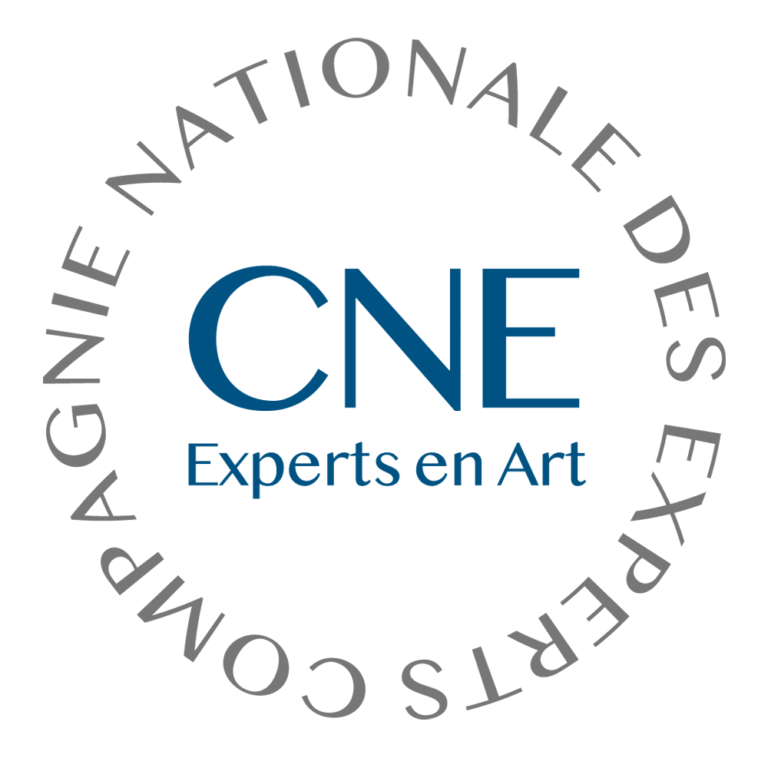





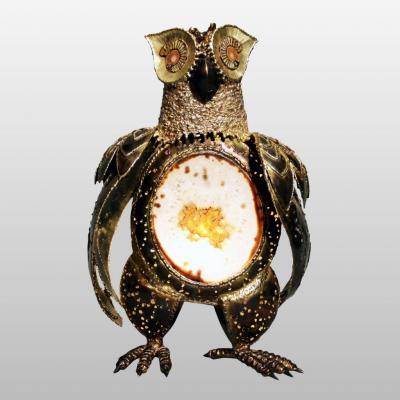

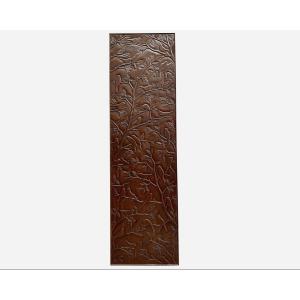
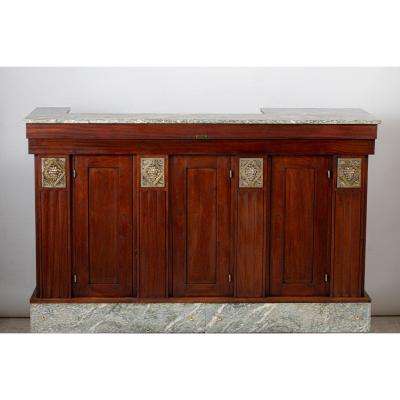





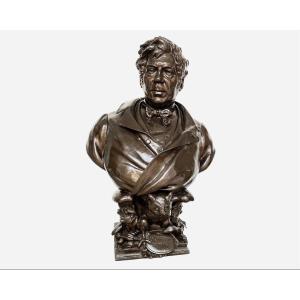



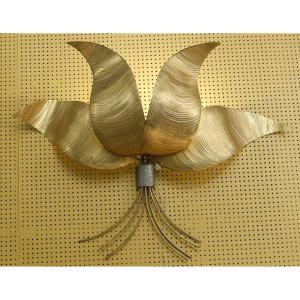




 Le Magazine de PROANTIC
Le Magazine de PROANTIC TRÉSORS Magazine
TRÉSORS Magazine Rivista Artiquariato
Rivista Artiquariato